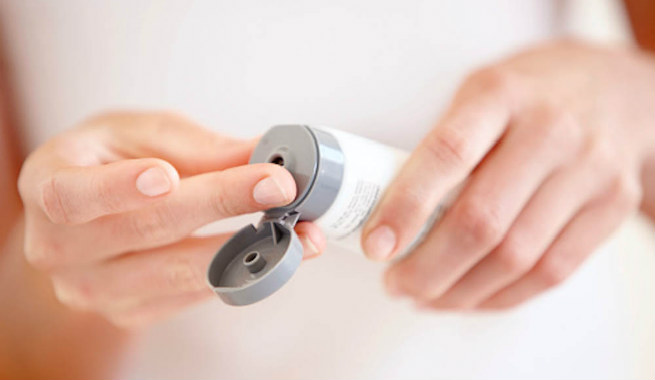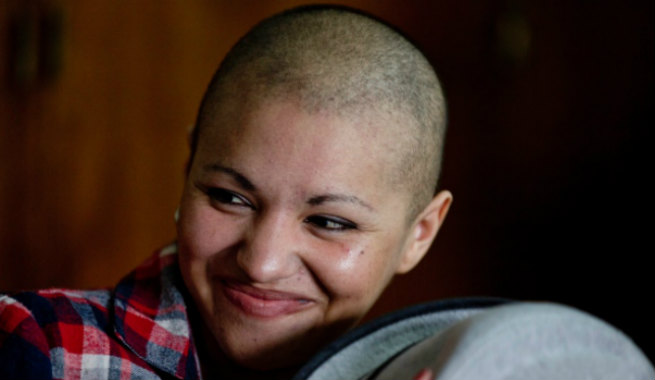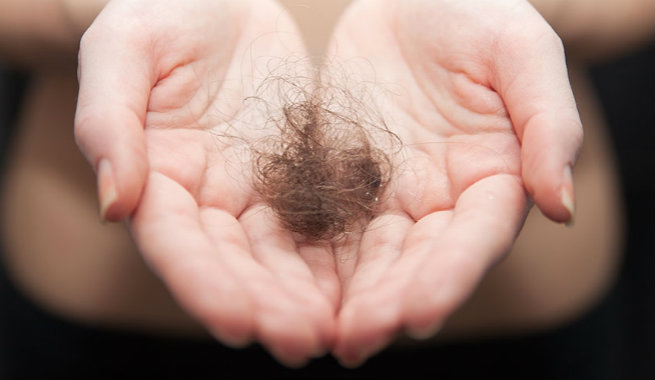Chemotherapy is a method of treatment in which anti-cancer drugs are inserted into the body of a cancer patient to prevent the rapid growth of cancer cells in our bodies. But it may also take a toll on other fast-growing yet normal cells like skin, hair, etc., eventually destroying them. Not to mention, this is quite distressing as well as emotionally challenging. So, let us decode the skin and hair care rules patients must follow during chemotherapy. (1)
How To Take Care Of Your Skin During Chemotherapy
According to experts, cancer patients can start caring for their skin a week before the first chemotherapy session and go on with it. This will minimize the problems and help them face lesser amounts of symptoms.
Dry and Flaky Skin
Dry and scaly skin is the most common issue people must deal with during chemotherapy. It should be prevented to avoid severe inflammation and infection.
- Please stay away from hot baths or showers, especially for an extended period, as it dries up the skin gradually. Use lukewarm water instead.
- Pick a mild soap or body wash not loaded with chemicals or fragrances. Natural herbal products are always gentle enough.
- Make sure that your laundry detergent is not very harsh to your skin.
- Choose moisturizer over body lotion to avoid skin dehydration. The consistency of a moisturizer is always thicker than that of a lotion, which offers better (more profound and longer) hydration.
- Moisturize your skin at night. It heals and softens dry skin to the maximum level.
There are specific prescription and OTC ointments as well as creams containing ammonium lactate, which boost the natural moisture of dehydrated and flaky skin to a great extent. Just ensure that you apply them within half an hour after having a bath.
Itchy and Irritated Skin
A dry, flaky skin often turns into an itchy and irritated one while undergoing chemotherapy. The situation may get worse due to some chemotherapy drugs and, hence, should be taken care of as soon as possible.
- OTC hydrocortisone creams are a common choice for patients to get rid of itching. They can provide relief at an initial stage but are not so effective in case of acute inflammation.
- Some steroids, oral medicines, and anesthetic drugs can cure serious issues of itching more efficiently. But you must consult with your doctor before using these.
- Never use a loofah or body scrubber in the shower. Also, stop scratching or picking your skin now and then.
- Keep all sorts of cosmetics, perfumes, etc. at bay.

A few steroids used in chemotherapy can make the skin prone to sunburn, or acneiform rash caused due to photosensitivity. You should also seek medical attention while protecting your skin from the sun.
- Try to steer clear of prolonged sun exposure as much as possible.
- Always use sunscreen with SPF 30 or more and reapply it as necessary throughout the day. Ensure that the product offers protection from both UVA and UVB rays of the sun.
- Wearing full-sleeve clothes, hats, gloves, etc., will also help you cover the treated areas completely.
Pigmentation Changes
Sometimes, the patient may experience temporary changes in the color of their skin during chemotherapy. Tanning, redness, or similar alterations must be reported to the doctor and treated accordingly.
How To Take Care Of Your Hair During Chemotherapy
Thinning hair is one problem that bothers cancer patients who undergo chemotherapy the most. Moreover, once hair starts to fall out, the bare scalp may gradually become extremely sensitive. It is crucial to take good care of the care scalp and thinning hair to maintain them healthily.
- If your scalp turns dry, flaky, and itchy with mild to severe redness, stop using all sorts of hair care products immediately. It is even more applicable to strong-hold products that are naturally gel-like and sticky.
- Do not go for any hair styling, especially dying, coloring, perming, etc.
- There is no need to wash your hair every single day. It will cause your hair to fall badly. Rather, cleanse your scalp every 3-5 days or twice every week.
- Choose a very mild shampoo (like baby shampoo) for washing your hair, which will not be harsh on your scalp.
- Be gentle with your existing hair. Please do not rub it when towel-drying. Also, make use of a wide-toothed comb for styling.
- Avoid exposure to extreme temperatures, as it may worsen your scalp sensitivity.
- Cover your scalp and existing hair with a headscarf, cancer hat, or turban if you have to go outside.
- If your scalp is completely exposed and you need to go outdoors bare-headed, apply a thick layer of sunscreen to your scalp so that it doesn’t get affected by the sun’s rays.
Summary
Chemotherapy, while essential for cancer treatment, often causes skin and hair issues. For dry skin, patients should avoid hot baths, use gentle products, and moisturize at night. Itchy skin can be relieved with OTC hydrocortisone creams or prescribed medications. Sunburn risk increases, so sun protection is crucial. Pigmentation changes should be reported to doctors. For hair care, avoid harsh products, styling, and excessive washing. Protect the scalp from sun exposure and maintain overall gentleness for healthier hair during chemotherapy.


